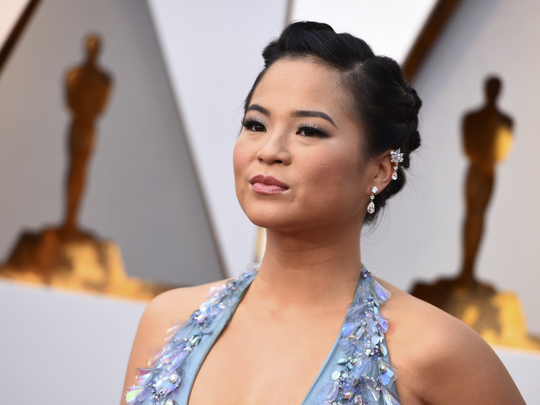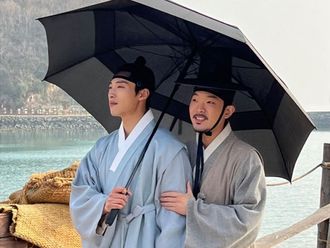
Star Wars actress Kelly Marie Tran proved on Tuesday that the pen is mightier than the lightsaber.
In an essay for the New York Times, The Last Jedi star, who became the first Asian American actress to win a prominent role in a Star Wars film, addressed online harassers as well as those who make minorities and women of colour feel marginalised.
Tran’s essay comes months after the actress scrubbed her social-media presence following racist and misogynistic campaigns from Star Wars “fans” who did not like her character and Rian Johnson’s film.
“It wasn’t their words, it’s that I started to believe them,” Tran wrote. “Their words seemed to confirm what growing up as a woman and a person of colour already taught me: that I belonged in margins and spaces, valid only as a minor character in their lives and stories.”
“And those words awakened something deep inside me — a feeling I thought I had grown out of,” she added.
The 29-year-old said that for months she “went down a spiral of self-hate,” tore herself apart and put her harassers’ words above her own self-worth. It was then, she said, that she realised she had been lied to.
“I had been brainwashed into believing that my existence was limited to the boundaries of another person’s approval. I had been tricked into thinking that my body was not my own, that I was beautiful only if someone else believed it, regardless of my own opinion,” she wrote.
“I had been told and retold this by everyone: by the media, by Hollywood, by companies that profited from my insecurities, manipulating me so that I would buy their clothes, their makeup, their shoes, in order to fill a void that was perpetuated by them in the first place.”
Tran explained that this is “what it is to grow up as a person of colour in a white-dominated world” and “what it is to be a woman in a society that has taught its daughters that we are worthy of love only if we are deemed attractive by its sons.”
That, she said, is not the world she wants to leave behind.
“I want to live in a world where children of colour don’t spend their entire adolescence wishing to be white. I want to live in a world where women are not subjected to scrutiny for their appearance, or their actions, or their general existence. I want to live in a world where people of all races, religions, socioeconomic classes, sexual orientations, gender identities and abilities are seen as what they have always been: human beings,” Tran wrote.












